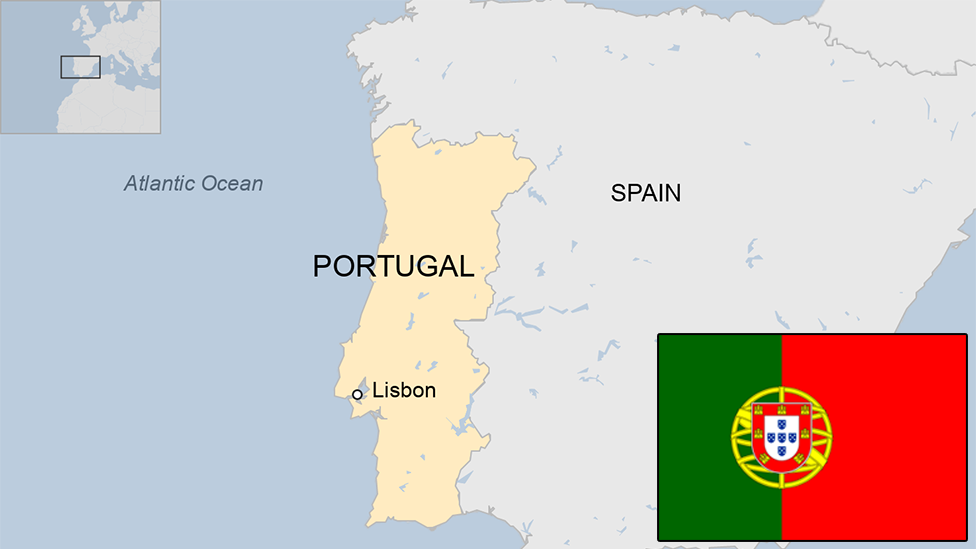Channel Islands profile
- Published
This page is no longer being updated. It was last updated on 18 October 2023

The Channel Islands are an archipelago in the English Channel off the Normandy coast of France. They are divided into two British crown dependencies, the Bailiwicks of Guernsey and Jersey. The former also includes the islands of Alderney, Sark and Herm, and smaller islands are divided between the two bailiwicks.
The islands are not part of the United Kingdom or European Union, but rather are possessions of the British Crown with independent administrations. Their inhabitants are British citizens.
The Channel Islands were owned by the Duchy of Normandy, and passed to the English Crown when William the Conqueror became King of England in 1066.
While England lost mainland Normandy in 1204, the islands remained possessions of the Crown and were divided into the two bailiwicks later that century.
Since then the bailiwicks have maintained separate institutions, laws and media, with the exception of a common independent TV station, Channel TV.
Read more country profiles, external - Profiles by BBC Monitoring, external
CHANNEL ISLANDS: FACTS
Capitals: St Anne (Alderney) St Peter Port (Guernsey) St Helier (Jersey)
Area: 198 sq km
Population: 171,900
Languages: English, French, local forms of French
Life expectancy: 79 years (men), 83 years (women)
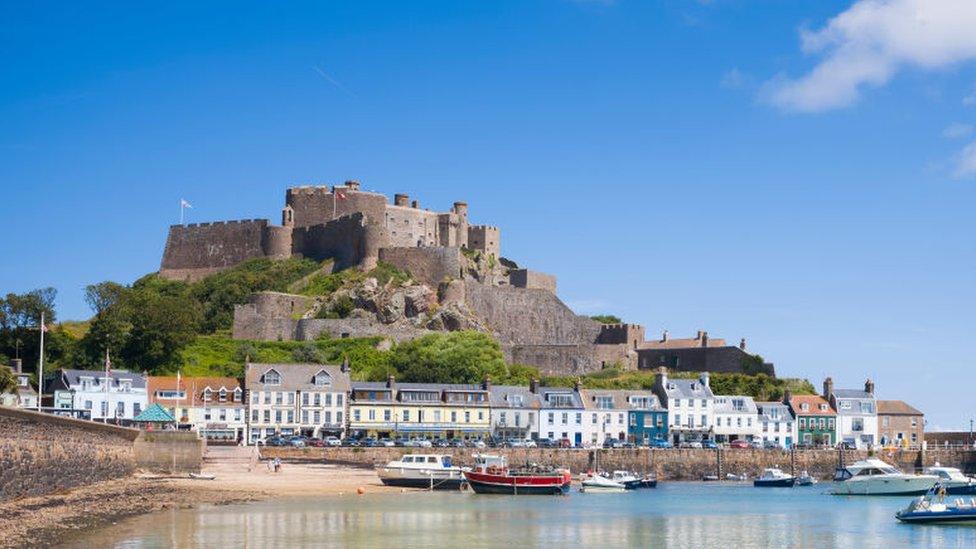
Residents of Jersey and the other Channel Islands are British citizens
During World War Two the islands were occupied by Germany, causing considerable suffering to the locals. Some were deported as slave labourers, Jews were sent to concentration camps, reprisals for partisan activities were harsh, and many were reduced to near starvation by the end of the war. Accusations of collaboration and cover-up poisoned relations between many islanders for decades.
The overwhelming majority of the population is made up of native islanders of Norman French and British extraction. There are also groups of European Union citizens, with a prominent community from Portugal.
As crown dependencies the islands are not part of the United Kingdom or European Union, nor are they colonies or overseas territories of the United Kingdom like Gibraltar. They are possessions of the British Crown with independent administrations. Their assemblies pass their own legislation with the assent of the Crown granted in the Privy Council.
The Crown is responsible for defence, diplomatic representation and citizenship, although the islands maintain their own controls over housing and employment that apply to British as well as other citizens.
The islands have the right to establish direct relations with foreign governments.
The bailiwicks are governed by elected parliaments called States, while the smaller islands of Alderney and Sark also have their own assemblies - the States and Chief Pleas respectively.
The bailiffs are the chief civil officers, and preside over the States and court of law. They are appointed by the Crown, and usually serve until retirement or death. Their powers have been steadily transferred to the States over the last 100 years, culminating in the adoption of a ministerial system and appointment of chief ministers in 2005.
The economy of the islands is dominated by financial services, tourism, electronic commerce and agriculture. The relatively light tax burden has encouraged a booming offshore finance sector.
Pressure from the European Union and the OECD has obliged the islands to change their taxation systems for the sake of compliance, as with other offshore centres.
Following the 2016 EU referendum, the EU and UK concluded a Trade and Cooperation Agreement (TCA) in December 2020 that applied provisionally from January 2021 and entered into force in May 2021.
In December 2020, the four parliaments of the islands approved their inclusion in the agreement. For most purposes, including tax, financial services, anti-money laundering and data protection, the islands have always been third countries to the EU, and this is not affected by the TCA.
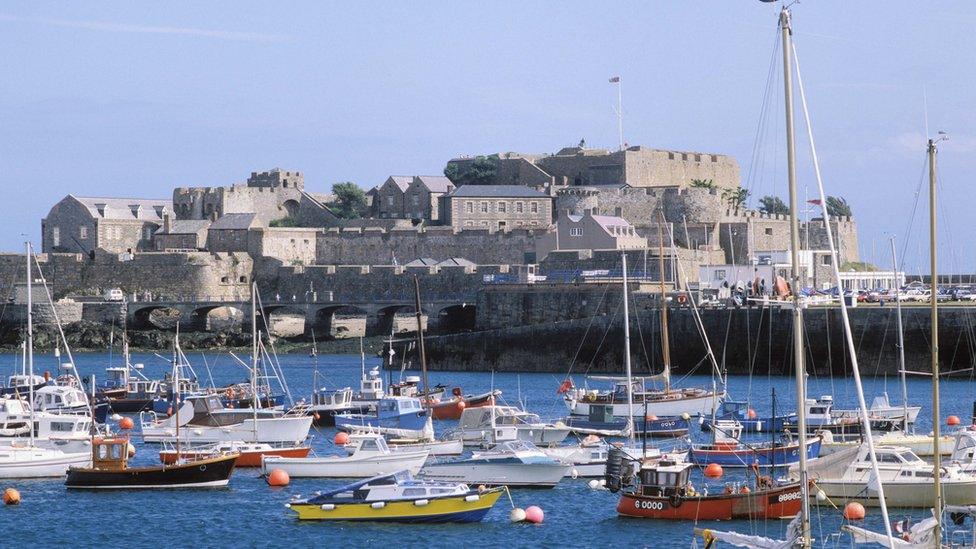
As crown dependencies the islands are not part of the United Kingdom or the European Union
- Published7 February
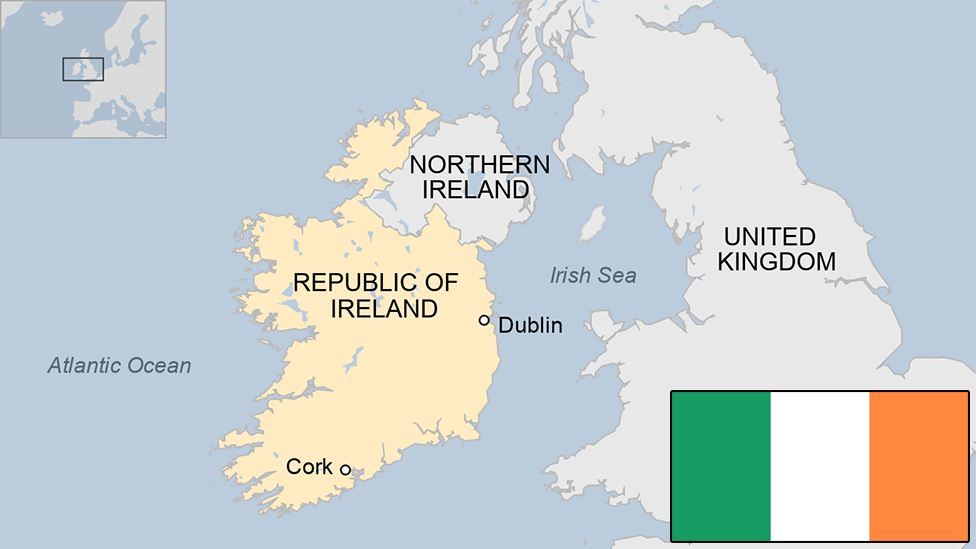
- Published18 October 2023
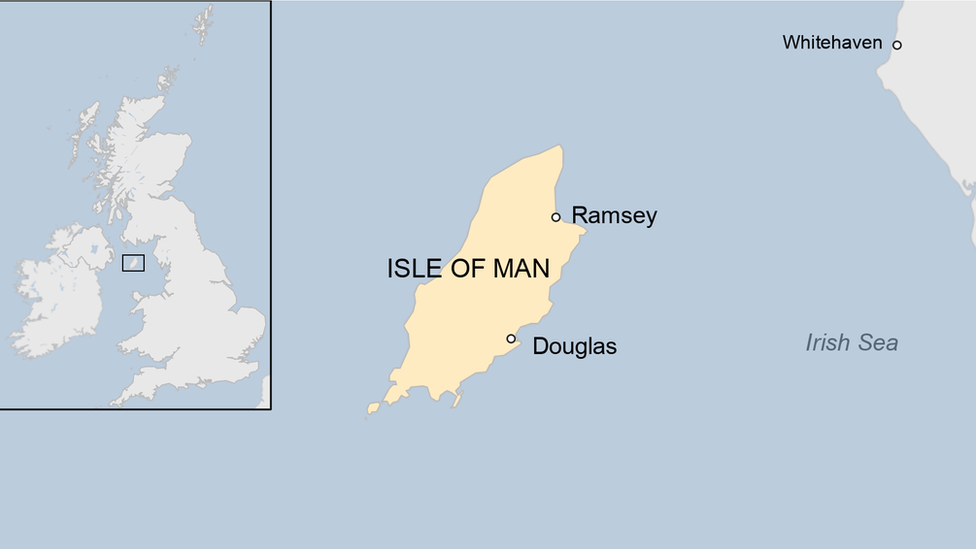
- Published9 July 2024
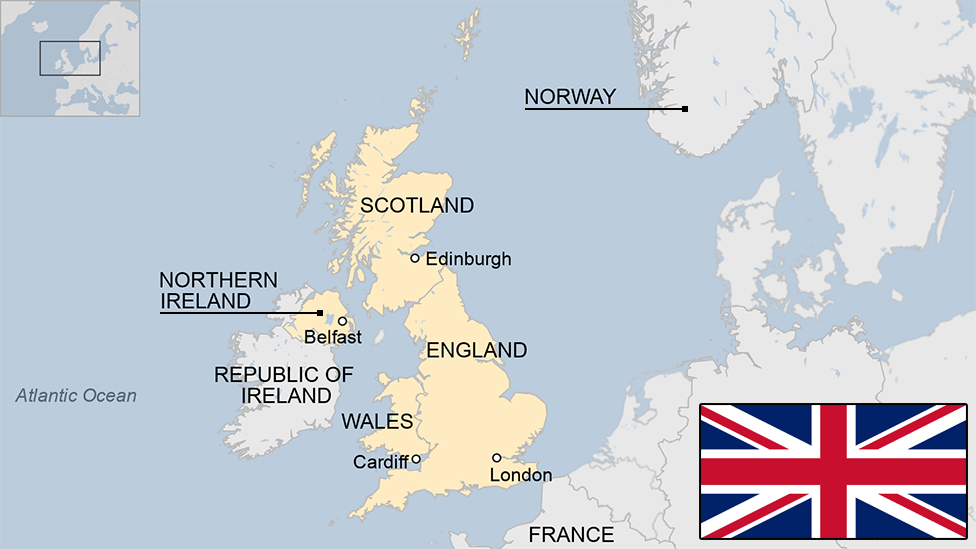
- Published9 January 2024
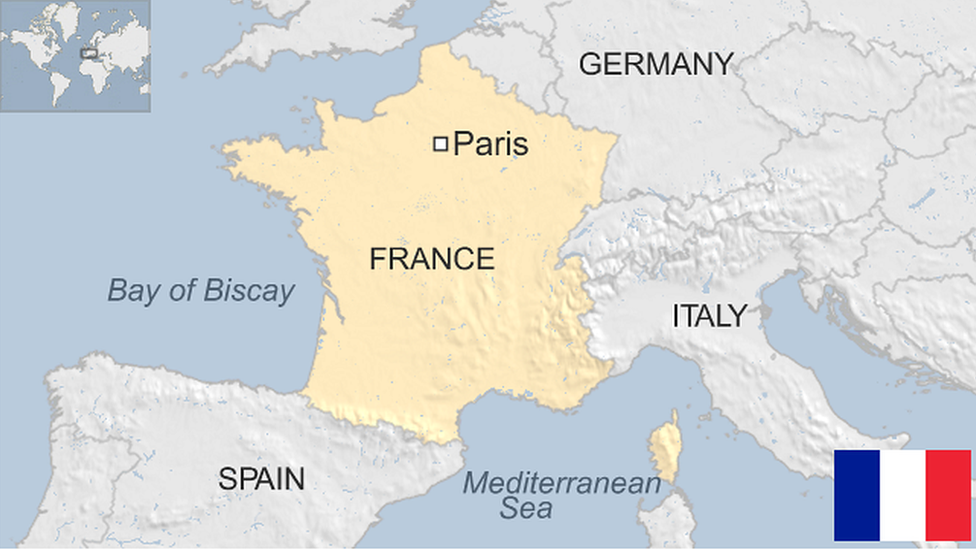
- Published21 August 2023

- Published22 March 2024
